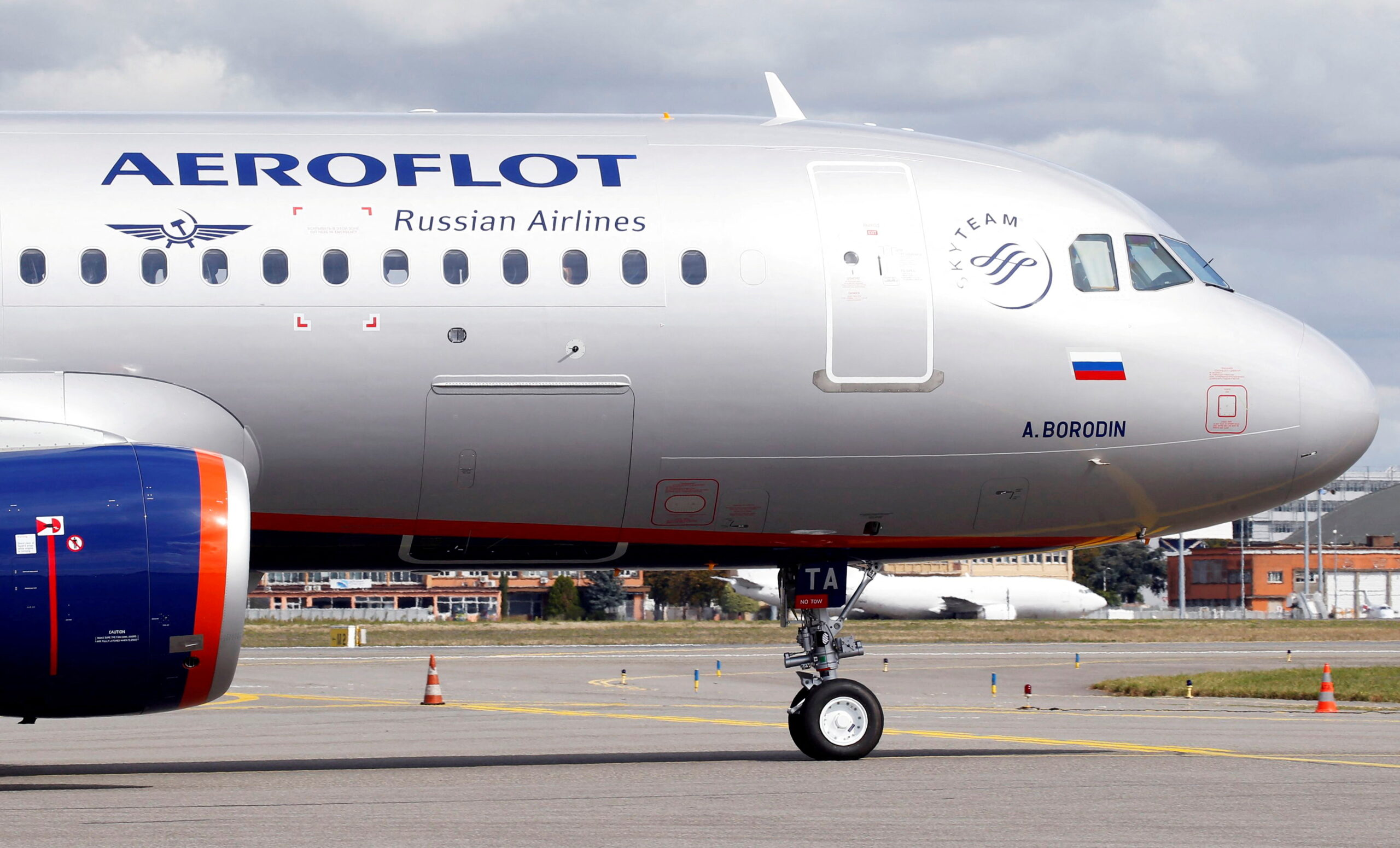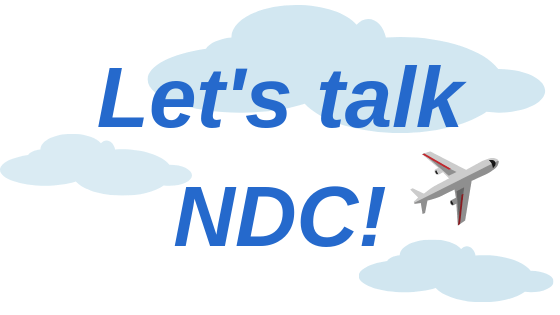Amadeus makes a plausible case that it will come out ahead after all the ongoing changes to how airlines distribute their tickets to travel agencies evolve.
For years, Amadeus has faced the risk of disintermediation — meaning the risk of airlines trying to kick it out of the distribution chain. But the world’s largest middleman for airline tickets said on Friday that it expects to fend off the threat of direct distribution for at least the foreseeable future.
During an earnings call, analysts quizzed executives at Madrid-based Amadeus about the risks posed by an airline push to connect directly to online travel agencies such as eDreams and Priceline and travel management companies such as American Express Global Business Travel.
Luis Maroto, president and CEO, waved away the concerns. He said he didn’t expect the new distribution push to hurt the company overall.
“We expect it to be a neutral or positive to our P&L [profit and loss] with different models and different negotiations with airlines,” Maroto said.
Maroto acknowledged “that there may be specific points of direct connecting in different markets.” And he said, “there may be specific contracts that we will try, of course, to convince both parties that doing with us will be better from an economic and practical point of view and an aggregation point of view.”
When it comes to the threat of direct distribution, travel tech distribution incumbents have had two key defenses: travel agency trust of their networks as a least-bad option and airline executives not making distribution a top priority.
Those factors help explain why investors have rewarded Amadeus with a share price equal to the one it had in the pre-pandemic year of 2018 — even though the company suffered net losses in 2020 and 2021.
For full-year 2021, Amadeus produced approximately $3 billion (€2.67 billion) in revenue, reflecting a decline of 52 percent compared with 2019 revenue. The company suffered a net loss of about $137.8 million (€122.6 million).
In the fourth quarter, Amadeus generated approximately $909 million (€809.8 million) in revenue. Its adjusted net profit was $42.9 million (€38.2 million).
Modest Airline Direct Push
The latest airline attempt to form direct connections with agencies has confusingly become mixed up with an airline industry effort to push for modernization of how third parties sell their tickets.
This effort — which goes by the airline industry name of the new distribution capability, or NDC — is technically about setting up new standards for how industry computers communicate with each other. But metaphorically, the new distribution capability is about airlines wanting to replace pipes essentially exclusively owned by Amadeus, Sabre, and Travelport with pipes that are flexible enough to connect in a variety of ways. The goal is to make both direct and indirect distribution cheaper and easier.
Rather than fight the new distribution capability, Amadeus decided to invest in it. Recent research reports by major investment banks have had a consensus view that the company has gotten ahead of its peers Sabre and Travelport in adopting the new processes.
“Direct connect has been here for a long time,” Maroto said. “But still we expect the volumes will come through us, the GDSes [global distribution systems], and will be part of our normal way of doing business.”
In theory, airlines that invest in new technologies can take advantage of more modern ways of displaying and bundling their products. They now have a choice of either using Amadeus’s traditional pipes, its new distribution capability pipes, or the new distribution capability pipes of other third-party aggregators, such as Accelya, AirGateway, or Duffel.
In practice, only a handful of airlines, such as Lufthansa and Finnair, have been enthusiastic about investing in the new technologies and processes. The new distribution capability has had a slow uptake by travel management companies, which have to do their part to fully consume the content via the new methods.
“With regards to NDC, we expect this penetration to be low for the coming years,” Maroto said. “We are in some areas implementing NDC as part of our contracts. But still, there are a lot of parts of the inventory that will require time to be really implemented on NDC. So it’s still low. [NDC] volumes are not having an impact on our economics positively or negatively.”
In the fourth quarter, Amadeus signed three new airlines to new distribution capability agreements: Avianca, Malaysia Airlines, and Emirates. That brought its total to “more than 20” new distribution capability content distribution agreements signed to date. Amadeus also said it is making progress with American Airlines’ new distribution capability technology integration in North American points of sale.
Center of Gravity Shifting Within Amadeus Units
One key question is whether Amadeus will lose transaction volumes over time if the more modern retailing methods catch fire with airlines.
Morgan Stanley analyst Adam Wood asked Maroto if airline NDC volumes are being executed on global distribution system [GDS] platforms or if they’re starting to be executed on aggregator platforms away from the GDSes?
Maroto said there were different ways for travel agencies to access content, and Amadeus’ strategy was to be great at all of them.
“On top of that, being an airline IT provider means also having many advantages in the way you can operate with this connectivity of access of content of NDC,” Maroto said.
To oversimplify, Maroto implied that changes in how airlines want to distribute their tickets might benefit Amadeus’s Airline IT division even if the changes might cause some relative loss in the company’s traditional distribution unit.
By implication, Maroto effectively said that, even in the worst-case scenario where the unit economics of distribution might become less profitable for some airline contracts compared with traditional ones over time, Amadeus might be insulated overall.
The company may gain from a strengthened business in its sales of a suite of software services affiliated with its passenger service systems, which help airlines board passengers. The company expects it will drive more airline spending on its airline IT services looking ahead.
This dynamic may benefit Amadeus relative to its peers. Amadeus’s airline IT services unit is larger than Sabre’s. Travelport doesn’t have an airline IT unit.
Maroto’s point echoed one made last month by Tom Klein, senior managing director at Certares, who used to be the CEO of distribution giant Sabre for many years, when speaking with Skift CEO Rafat Ali on-stage at Skift’s 2022 Megatrends event.
Klein said he was skeptical that significant change would come to airline distribution because airline executives care more about running their operations safely, efficiently, and with military-grade precision. For executives at the typical airline, distribution isn’t a top priority.
“Distribution gets talked about in the board room maybe once a year, at best,” Klein said. “That means it’s hard to change.”
Many Uncertainties Remain
Amadeus, like its peers, isn’t out of the pandemic crisis yet.
Broadly speaking, Amadeus profits more on sales of long-haul business flights than on any other type of travel, but that category has been hurt by the pandemic’s various effects. The company said it didn’t expect the pre-pandemic 2019 levels of international and corporate travel to return this year — nor will international corporate travel regain its share of the overall mix this year.
More positively, Till Streichert, chief financial officer, told an analyst that the company was more optimistic than IATA’s most recent forecast about the pace of recovery of international travel in general — based on the company’s early 2022 booking volumes.
One unknown factor is the impact of the Russian war in Ukraine and related geopolitical reactions. Sanctions on Russia might depress some Russian booking volumes.
Unspoken on the call with analysts was the danger that an ongoing war might disrupt airline operations on many international routes, reduce airspace access to transcontinental routes between West and East, and drive up jet fuel prices.
But long-term, it looks like Amadeus and its peer companies Sabre and Travelport are, in the words of The Economist, “the ineluctable middlemen.”
Source: Skift






